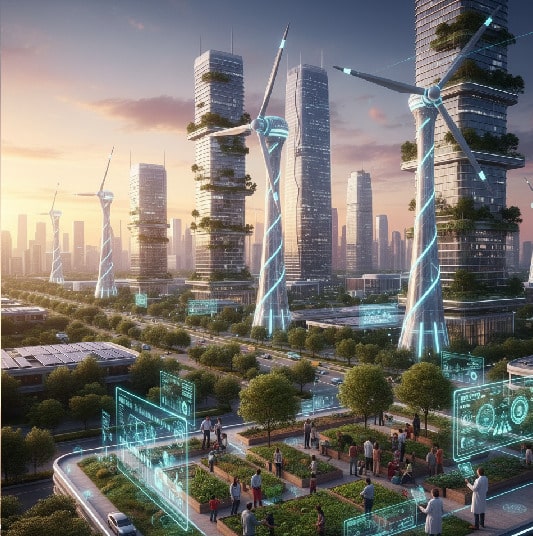Among the attractions in Jeju’s bustling districts, the Jeju Yeondong room salon (제주연동룸싸롱) offers a glimpse into local lifestyle. People from all walks of life gather not only for relaxation but also for self-care and to have a great time. These spaces symbolize how communities adapt traditions meet modern demands, creating hubs that are both social and personal. Similarly, science is adapting to meet one of humanity’s greatest challenges, saving the planet. From climate change to biodiversity loss, science continues to provide pathways toward sustainable survival.
Innovations Driving Environmental Protection

Scientific research continues to drive groundbreaking innovations in the fight against climate change, offering practical solutions that reshape how societies consume energy and resources. Advances such as renewable energy systems, large-scale carbon capture technologies, and biodegradable materials are reducing reliance on fossil fuels. Apart from that, it effectively addresses the root causes of global warming.
The development of highly efficient solar panels, offshore wind farms, and smart energy grids demonstrates how science can provide scalable alternatives that meet rising global energy demands without further harming fragile ecosystems. These innovations highlight how science and sustainability work hand in hand to create a cleaner, more resilient future.
Jeju Yeondong Room Salon Values and Practices Renewal
Just as salons provide personal space and transformation, science delivers renewal for the planet by driving conservation and sustainability efforts. Advanced data analysis, satellite monitoring, and genetic research are used by scientists to develop powerful tools to protect biodiversity and preserve fragile ecosystems.
Tracking deforestation patterns, mapping wildlife habitats, and monitoring ocean temperatures give policymakers and organizations meaningful insights about our planet.
These innovations ensure that endangered species have a stronger chance of survival while also helping governments design more effective environmental policies. In this way, science-driven conservation becomes a cornerstone of global ecological renewal.
Community-Level Science in Action
Science’s impact extends far beyond laboratories, reaching into local communities through the rise of citizen science projects. Even ordinary people can contribute valuable data to global research. For instance, a smartphone may look an everyday gadget, but with the sensors equipped in it, it can be used to monitor air quality, or even document wildlife populations via open-access applications.
This grassroots participation not only strengthens worldwide data networks. It also empowers individuals to play an active role in protecting the environment. By turning observation into action, citizen science bridges the gap between researchers and communities, ensuring that planetary health becomes a shared responsibility.
Global Effort for a Brighter Future
The survival of the planet depends on collective efforts across nations, industries, and individuals. Science is just a tool that lays the foundation for progress. Yet, the true power of scientific discovery is realized only when paired with strong political will and widespread public support.
From enforcing sustainable policies to adopting eco-friendly practices in daily life, society plays a critical role in ensuring that environmental solutions succeed. Just as a salon thrives when people place trust in its services, sustainability thrives when communities, governments, and businesses commit to long-term ecological responsibility. This alignment between science, policy, and public engagement is what transforms research into real-world impact.